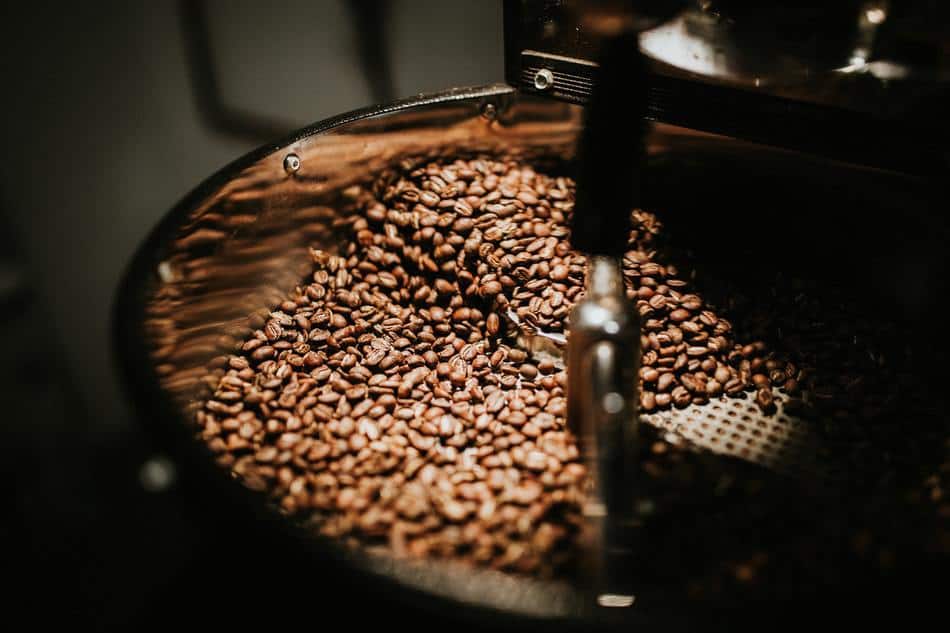Do you like trying different types of coffees? If so, then you’ve probably wondered which type of coffee is the best: Arabica vs Colombian coffee? Both types of coffee have their unique flavor and taste, but which one is the right choice for you? In this article, I will compare and contrast Arabica and Colombian Coffee and help you decide which one you can buy.
Both coffees have unique flavors that can’t be compared side by side. It all comes down to personal preference. If you like a sweeter coffee, then Arabica is the way to go. If you prefer a more balanced flavor, then Colombian is your best bet.
What Do Arabica And Colombian Coffee Have In Common?
Arabica and Colombian coffee beans have a lot in common. They are both used to produce high-quality coffee, and they both come from countries with a long history of coffee production. Arabica beans are grown in Ethiopia, while Colombian beans are grown in Colombia. Both countries have warm climates that are ideal for coffee production, and both countries have experienced political instability in recent years.
The two types of coffee beans also have similar flavor profiles. Most Arabica beans are known for their sweetness, while Colombian beans are known for their nuttiness. Both types of beans can be used to produce rich, full-flavored coffees.

What Are The Differences Between Arabica And Colombian Coffee?
Arabica coffee beans are known for their sweet, fruity flavor, while Colombian coffee beans are known for their more earthy flavor. Arabica coffee beans also tend to be more expensive than Colombian coffee beans.
So, what’s the difference between these two types of coffee? Let’s take a closer look.
Flavor Profile
As I mentioned before, Arabica coffee beans are typically sweeter and fruitier than Colombian coffee beans. This is because Arabica coffee plants grow at higher altitudes than Colombian coffee plants. The higher altitude results in a slower rate of maturation for the Arabica beans, which gives them more time to develop their sweetness and complex flavor profile.
In contrast, Colombian coffee beans are typically more earthy and nutty in flavor. This is because Colombian coffee plants grow at lower altitudes, which results in a faster rate of maturation for the beans. While this doesn’t give them as much time to develop their flavor, it does result in a more robust and full-bodied flavor than Arabica beans.

Price
As I mentioned before, Arabica coffee beans tend to be more expensive than Colombian coffee beans. This is because Arabica coffee plants are harder to grow and produce less yield than Colombian coffee plants. Additionally, the slower rate of maturation for Arabica beans means that they require more labor to harvest. All of these factors contribute to the higher price of Arabica coffee beans.
If you’re looking for a sweeter, fruitier flavor profile, then you’ll want to go with Arabica coffee beans. If you’re looking for a more robust and full-bodied flavor, then you’ll want to go with Colombian coffee beans. And if the price is a factor, then you may want to stick with Colombian coffee beans since they tend to be less expensive than Arabica beans.
How Are Colombian Coffee Beans Processed?
The biggest difference between Colombian coffee and other Arabica beans is the way it is processed. Colombian coffee is typically wet-processed, meaning the fruit of the coffee cherry is removed before it is dried. Other Arabica coffees are dry-processed, meaning the whole cherry is left to dry in the sun before it’s hulled and milled.
Wet-processing results in a cleaner cup of coffee because all of the fruity, Fermented flavors are removed with the fruit. Dry-processing often results in a coffee with more body and heavier flavors because some of those flavors from fermentation are retained during drying.
Colombian coffee has a reputation for being well-balanced, having good body and acidity, and being clean and sweet. These characteristics are a result of the wet-processing method as well as the climate in which Colombian coffee is grown. The country’s diverse regions allow for different flavors to develop in the beans, resulting in a complex and unique cup of coffee.
Can You Mix Colombian Coffee And Arabica Coffee?
Coffee drinkers who want to try something new may want to consider mixing Colombian and Arabica coffees. The rich flavor of Colombian beans pairs well with the mellow smoothness of Arabica, creating a unique and enjoyable flavor profile. There’s no rule against mixing different types of beans, so go ahead and give it a try! You may just find your new favorite coffee blend.
Which Type Of Coffee Has Lower Acidity?
Colombian coffee has lower acidity levels than Arabica coffee. The difference in acidity is due to the different processing methods used for each type of coffee. Colombian coffee is typically washed with water before it is roasted, while Arabica coffee is dry-processed.
Washing the coffee beans removes some of the natural acids present in the bean. This results in a cup of coffee with less overall acidity. Dry-processing does not remove any of the natural acids, resulting in a cup of coffee with more overall acidity.
You can add milk and sugar to Arabica and Colombian coffee. However, the taste of the coffee may be different than what you are used to. Arabica coffee is typically more acidic than Colombian coffee. Adding milk and sugar may help to balance out the acidity. If you are unsure about how much milk or sugar to add, start with a small amount and adjust to your liking.
Bottom Line
The answer may surprise you. The truth is, there is no clear winner. Both coffees have their unique advantages and disadvantages. It depends on what you’re looking for in a coffee. If you want a rich, full-bodied flavor, then Arabica is probably your best bet. If you’re looking for a sweeter, more balanced flavor, then Colombian might be a better option.
Ultimately, it’s up to you to decide which coffee you like best. Try both and see for yourself! You might be surprised at how much you enjoy each one. Whichever coffee you choose, make sure to enjoy it!
Related Articles

